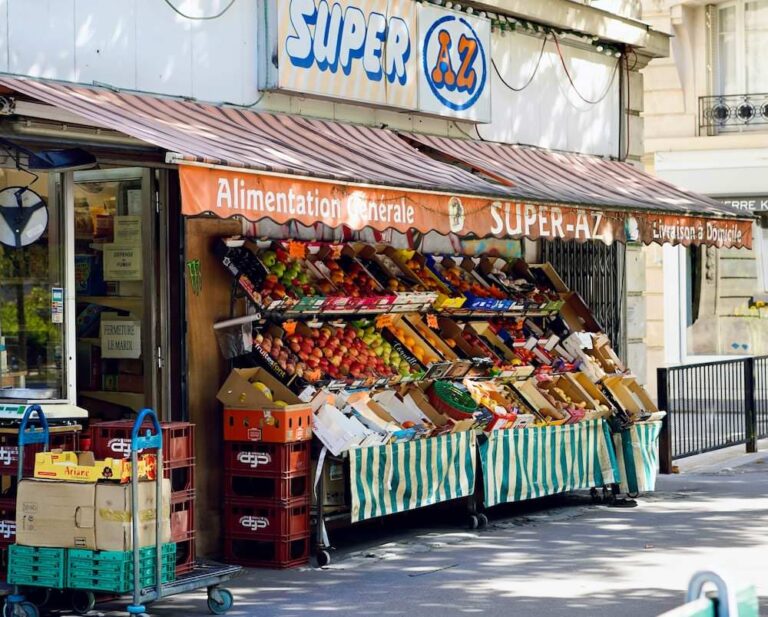une occasion
The French noun “occasion” is a feminine noun and has several meanings, including (1) a particular time, (2) an opportunity, (3) an event or function, (4) a cause and (5) sometime.
meanings and usage
1. particular time
“Occasion” can refer to a specific or particular time when something happens. In this sense, it often corresponds to “time” or “moment” in English.
examples:
- Cette occasion m’a permis de revoir mes amis d’enfance.
(This time allowed me to see my childhood friends again.) - Il a raté l’occasion de dire au revoir.
(He missed the moment to say goodbye.)
2. opportunity
“Occasion” is frequently used to mean an opportunity, a chance to do something.
examples:
- J’ai eu l’occasion de voyager en Europe l’année dernière.
(I had the opportunity to travel to Europe last year.) - Ne manque pas cette occasion unique!
(Don’t miss this unique opportunity!)
3. event or function
“Occasion” can also refer to an event, celebration, or function. In this sense, it often implies a special gathering or noteworthy occurrence.
examples:
- Pour cette grande occasion, ils ont organisé une fête somptueuse.
(For this grand event, they organized a lavish party.) - Quelle belle occasion pour se retrouver en famille!
(What a wonderful event to get together with family!)
4. cause
In some contexts, “occasion” refers to the cause or reason for something.
examples:
- Ce problème a été l’occasion d’une discussion approfondie.
(This issue was the cause of an in-depth discussion.) - La pluie a été l’occasion de rester à la maison et de lire.
(The rain was the reason to stay home and read.)
5. sometime
The French phrase “à l’occasion” can be used to convey the idea of “sometime” or “when the opportunity arises.” For example, if someone says, “On se verra à l’occasion,” it translates to “We’ll see each other sometime,” implying that the meeting will happen when the right moment presents itself.
- “Tu devrais essayer ce restaurant à l’occasion, il est vraiment excellent.”
(“You should try that restaurant sometime, it’s really excellent.”) - “Je t’enverrai ce livre à l’occasion, ne t’inquiète pas.”
(“I’ll send you that book sometime, don’t worry.”)
etymology of “occasion”
The word “occasion” comes from the Latin “occasio,” which means “a falling or happening,” derived from “occidere,” meaning “to fall down or befall.” Over time, it evolved to signify a specific time, opportunity, or reason for something to happen.






